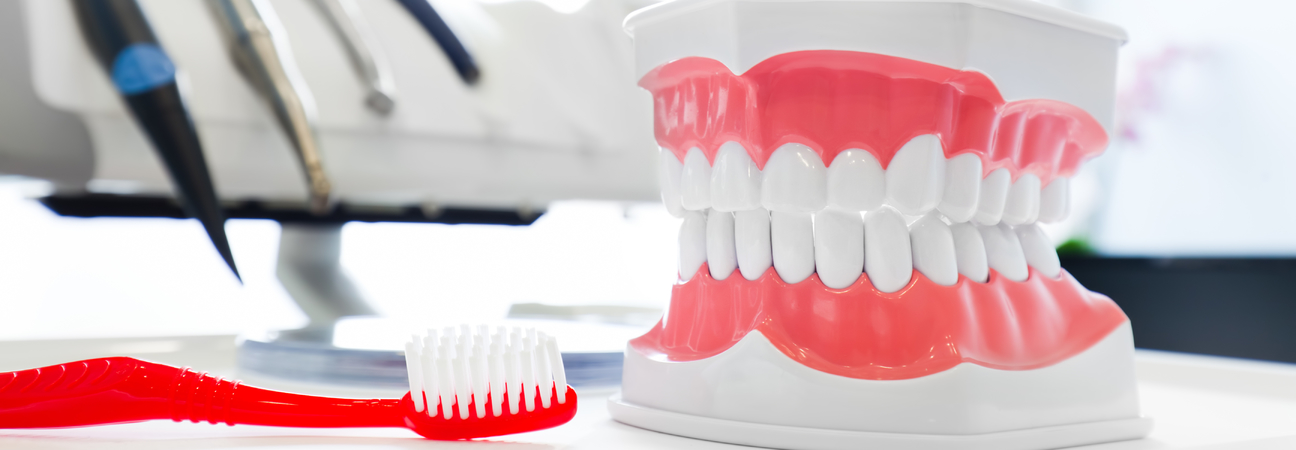
As parents, you want to ensure your children’s teeth stay healthy and strong. However, sometimes cavities happen. Our pediatric dentist will use dental fillings — one of the most common dental procedures — to help preserve your child’s smile when these problems occur in Greenville, NC.
What Are Dental Fillings?
Dental fillings are regularly used to repair and rebuild parts of a tooth compromised by cavities and decay. Cracks or fractures caused by accidents, or everyday wear and tear also often need fillings, even if the damage is in baby teeth. The process involves removing the damaged part of the tooth, cleaning the area, and filling it with a suitable material to keep the tooth stable and healthy.
The Dental Filling Procedure for Kids
- Diagnosis: The first step involves a diagnosis. This might be done through a visual exam, X-rays, or other diagnostic tools. We will carefully check your child’s teeth to see the extent of the issue.
- Numbing: To keep your child comfortable, a local anesthetic is used to numb the area around the affected tooth, minimizing pain and discomfort.
- Removal of Decay: The dentist removes the decayed part of the tooth with specialized instruments to prevent further damage.
- Cleaning and Preparation: After removing the damage, the cavity is cleaned to get rid of any bacteria and debris. The area is then prepped for the filling to ensure it bonds well with the material.
- Filling Placement: Depending on the chosen material — like composite resin, amalgam, or porcelain — the filling is applied in layers. Each layer is hardened or cured using a special light.
- Shaping and Polishing: Once the filling is in place, it is shaped to fit the natural contours of your child’s tooth. Finally, it is polished to ensure a smooth finish that blends seamlessly with other teeth.
Taking Care of Your Child’s Fillings
Here are a few tips to help care for your child’s dental fillings and their overall oral health:
- Ensure they brush twice a day and floss daily.
- Schedule regular dental check-ups and cleanings.
- Teach them to avoid chewing on hard objects like ice or pencils that can damage fillings.
- Limit sugary and acidic foods and drinks that contribute to decay.
- Consider preventative dental sealants as an extra step to protect your child’s hard-to-brush back teeth.
Fillings are a key part of keeping your child’s teeth healthy and functional. If you suspect your child needs a cavity filling in Greenville, or have any concerns about their oral health, don’t search your phone for “dentist near me” — just reach out to us at Wilson Pediatric Dentistry. Your child’s smile is our top priority!









 Quality pediatric dental care
Quality pediatric dental care